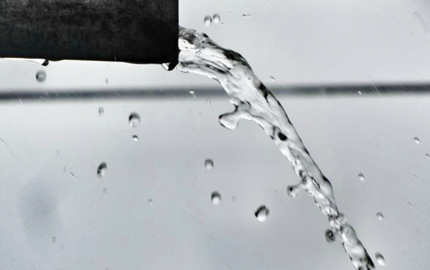As science and technology advances, change is touching every aspect of our lives. The world of plumbing requiring specialised plumbing services is no exception, consider: solar water heaters, motion-sensitive bathroom taps, and the range of luxury shower fittings that have become so popular.
While the developed world moves to eco-friendly plumbing initiatives, parts of the developing world are still struggling. Current data shows that around 2.5 billion people across the world (concentrated mainly in impoverished communities in South Asia and Africa) do not have access to modern sanitation.
‘Reinvent the Toilet’ challenge
This challenge proposed by the Melinda and Bill Gates foundation in 2012 challenged scientists from around the world to come up with innovative, practical solutions that could solve the global sanitation problem. At the recent ‘Reinvent the Toilet’ tech fair held recently in India, scientists came up with prototypes according to the proposed goals:
1. It should sanitise the waste.
2. There should be minimum use of water and electricity.
3. It should be a solution that can be mass-produced at a relatively low cost.
These were some of the top contenders:
- The Porta-Toilet facility: The winning prototype, developed by engineers from the California Institute of Technology, is a self-contained toilet and sewage system. It uses solar power to sanitise the waste and separate it into three components: hydrogen (to be used for energy in fuel cells), fertiliser (for use in farms) and clean water (which can be recycled).
- Another prototype, developed by the Swiss Federal Institute of Aquatic Science and Technology, is a squat porta-potty that separates and independently treats liquids and solids, and recycles the flushed water.
- A third prototype, developed by the Delft Institute of Technology, dries and burns the solid waste and uses plasma to convert it into hydrogen – which is then used as energy in fuel cells.
- The toilet developed by the University of Colorado, heated human waste to high temperatures to produce ‘biochar’ – a charcoal-like product which can be used as fertiliser or cooking fuel.
- The University of Bristol presented a fuel cell powered by urine, capable of charging mobile phones overnight.
- Other innovations included manually operated toilet prototypes that convert urine into fertilisers and ones that disinfect the faeces, thus reducing health risks.
- The design for a power plant that uses human waste to produce up to 150kW of electricity – enough to power more than a thousand homes – was also exhibited at the fair.
The winning prototype will now be further tested in small communities in different countries, before large scale production is started. The challenge now is to reduce the price further from the USD1200 presently quoted, and to ensure that the sophisticated technology used does not pose maintenance challenges in the long run.

The plumbing scene in Australia
While lack of access to modern sanitation is not really an issue here in Australia, change is happening in the way we approach plumbing. As we become more aware of the need for water conservation and for protecting our waterways, we are moving to low-flow shower heads, water-saving bathroom fixtures and mixer taps, energy-saving water heaters, rainwater harvesting tanks and other similar products.
As new technologies develop, newer guidelines and regulations relating to domestic plumbing are issued. In this scenario, it becomes very important that your plumbing services provider always keeps up with the changes and operates based on the very latest guidelines.
In Sydney, JEDI Plumbing strives to be at the forefront of all these changes. We take pride in keeping up with the latest developments and using premium products designed to save you money, in addition to being good for the environment. Call us on 0411 774 381 for all your plumbing jobs in Sydney’s North Shore and Northern Beaches, from minor to major and everything in between.

